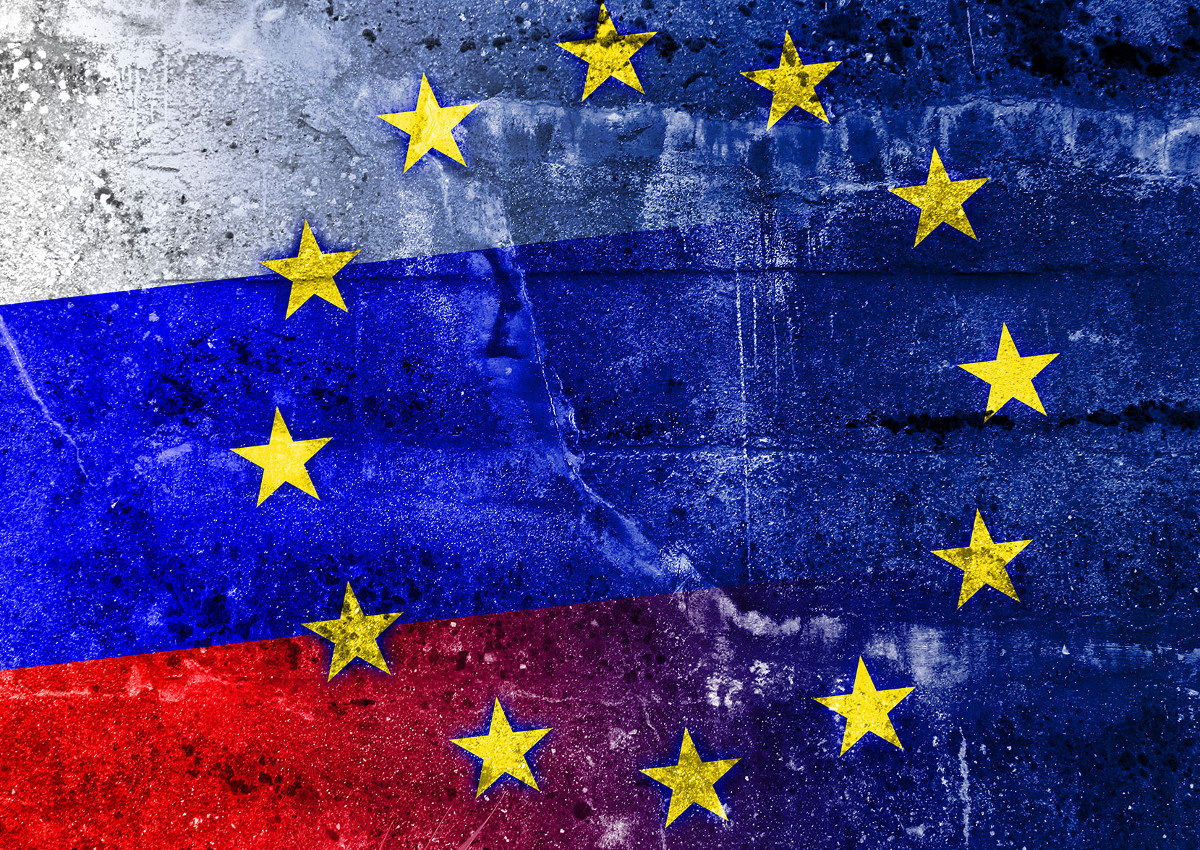
Italian food exports have lost more than a billion euros in the last five years due to the ban on imports from Russia. This blockade has hit an important list of food products such as fruit and vegetables, cheese, meat and cold cuts, but also fish, from the EU, USA, Canada, Norway, and Australia. This is what emerges from an analysis of Italy’s farmers association Coldiretti disclosed on the occasion of the anniversary of the embargo declared 5 years ago by Vladimir Putin and repeatedly renewed as a retaliation to the decision of the EU to apply sanctions to Russia for the occupation of Crimea and the war in Ukraine.
THE DAMAGE TO ITALIAN FOOD EXPORTS
The Italian food sector is the only one directly affected by the embargo that has led to the complete elimination of exports of products on the blacklist, from Parmigiano Reggiano to Grana Padano, from Prosciutto di Parma to Prosciutto San Daniele, but also fruits and vegetables such as apples, especially the Granny Smith variety that is particularly appreciated by Russian consumers.
“This is an unbearable cost for Italy and the European Union and it is important that we resume the path of dialogue – says the President of Coldiretti Ettore Prandini -. The agri-food sector has been treated like a bargaining chip in international negotiations, without any consideration of the heavy impact that this entails on economy, employment and environment. A danger that also concerns the recent trade tensions with the United States.”
THE PROBLEM OF COUNTERFEITING
In addition to the direct losses suffered by the lack of exports to Russia, there are also indirect losses due to the spread on the Russian market of counterfeit Italian food products. In Russian supermarkets consumers can find “imaginative” local substitutes which have taken the place of the original Italian food. Moreover, companies from countries not affected by the embargo such as Switzerland, Belarus, Argentina, and Brazil, have increased exports of counterfeit Italian food to Russia.
GOOD NEWS FROM RUSSIA
A blockade therefore harmful to Italy, although it should be noted that in 2018 Italian food exports to Russia still grew by 7% over the previous year reaching 561 million euros. This happened thanks to products that are not affected by the embargo such as wine, pasta, peeled tomatoes and pulp, tobacco and oil, confirming the “Italian hunger” of Russian consumers. The total exports values, however, are significantly lower than those of 2013 (the last year before the embargo) when Italian food exports to Russia reached 705 million euros.
